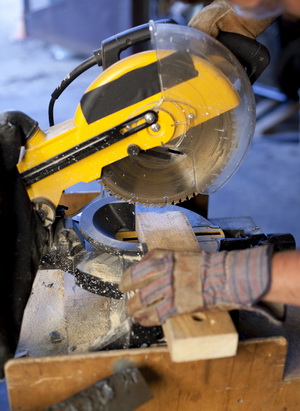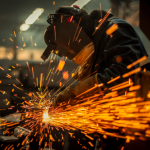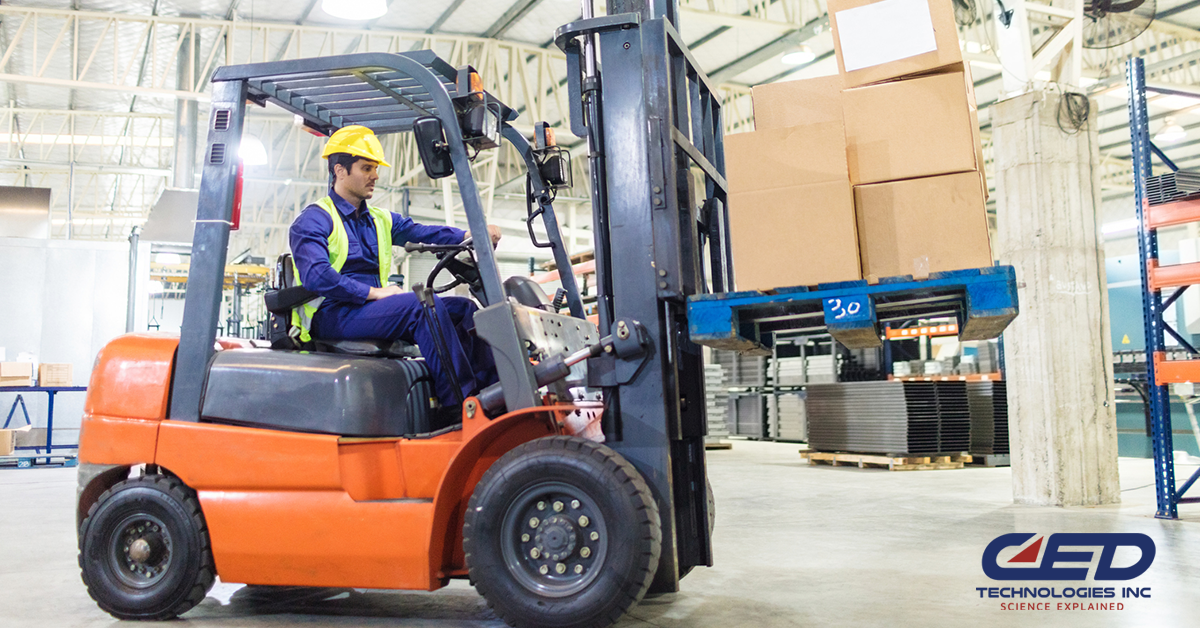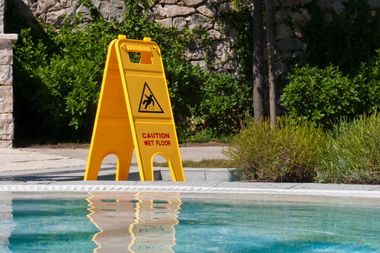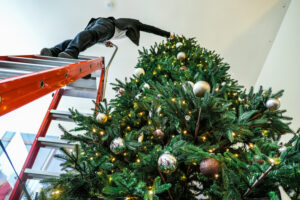According to the Bureau of Labor Statistics there were more than 6200 work-related amputations in 2008. Although that number has been on the decline for over 30 years, amputations remain among the nation’s top severe workplace injuries. Workers who suffer amputation are often permanently disabled. Machine guarding is an important precaution to avoid such injury.
OSHA requires guarding of any machine part, function, or process that may cause injury to operators or others. This standard has been around since the inception of OSHA, and still remains on its list of most frequently cited regulations. There are four basic approaches to machine guarding: barrier guards, guarding devices, guarding by location and warnings.
The barrier guard is a physical barrier between a hazard and anyone near it. Unfortunately, some barrier guards can slow production. They are sometimes removed by workers to increase efficiency. The best barrier guards are built into machines. If a guard must be attached to a machine, it is safest that it require fasteners that require a tool to install and remove.
Guarding devices include light screens, two-palm antilock push buttons, interlocks and pullbacks. These devices do not prevent a worker from touching machinery, but stop moving hazards before contact is made. Such devices must be installed and maintained properly to ensure maximum safety.
Guarding by location, simply put, is placing machinery where no one can contact its hazards. Neither location guarding or warnings should by themselves be the sole method of machinery guarding. Guarding alone, however, is not adequate. Good safety procedures and training should always accompany guarding in the workplace.
CED Investigative Technologies has several mechanical engineers and safety experts with industry experience in machine guarding. Please call 800.780.4221 today to discuss your situation specifically.
